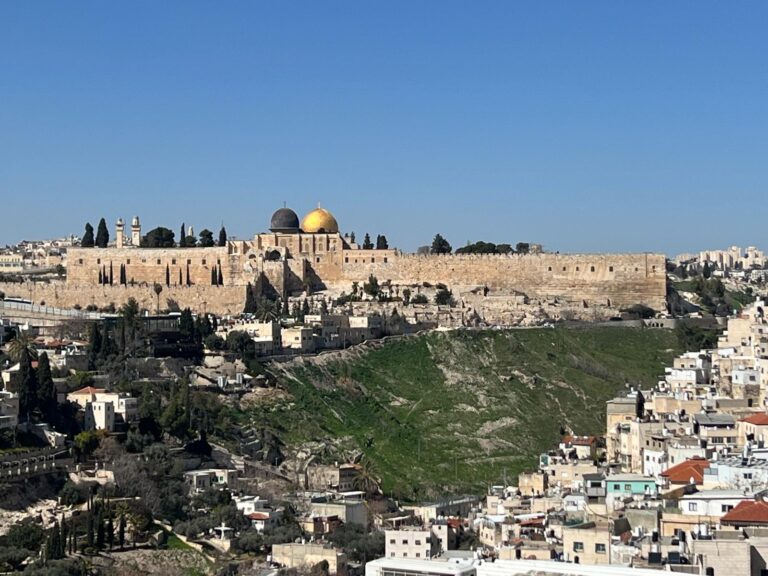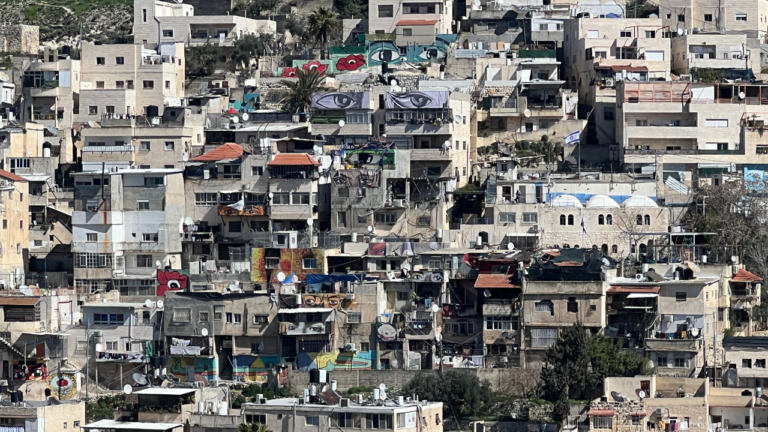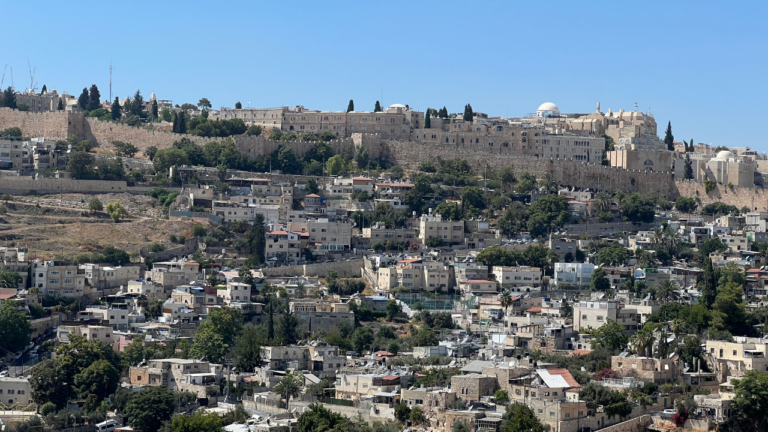Divrei Torah on Jerusalem
Divrei Torah on Jerusalem by Rabbi Reuven Schreier
Parashat Nitzavim-Vayeilech / פָּרָשַׁת נִצָּבִים־וַיֵּלֶךְ
Migdal David: the Burdensome Stone of Jerusalem
Migdal David, the Tower of David, is a classic landmark of the old city of Jerusalem. Standing right next to Sha’ar Yafo, thousands of residents and visitors pass by the fortress daily. The citadel has become a classic symbol of the old city; pictures of it can be seen gracing the walls of synagogues, Jewish homes, and sukkot throughout the world.
However, the history of the fortress is hardly anything for Jews to be excited about. While the Chashmonaei kings were the first to erect fortifications there, the present appearance of Migdal David has nothing to do with Jews. For close to three hundred years, a massive conflict over the holy city of Jerusalem was waged between Muslims and Crusaders from Europe. Each religion desperately desired the holy city and laid claim to it as their own. As Jerusalem changed hands back and forth, Migdal David became an essential defensive fortification. The Christian crusaders and the Muslim armies that defeated them are mainly responsible for refurbishing the fortress. Its current shape is mostly a product of crusader and Mamluk architecture. In fact, the highest point of the fortress is a minaret! Why on earth should we be excited about such a structure that stands as a symbol of other peoples laying claim to Jerusalem?
The history of our people is filled with unprecedented persecution and deliverance from those who seek to annihilate us. As we state at the Pesach seder year after year, in every generation our enemies arise in an attempt to destroy us. Yet, HaKadosh Baruch Hu time and time again delivers us from their hands.
But Hashem’s divine sense of irony never allows His salvation to stop with us simply be saved. As Rav Moshe Kordevero writes in his masterpiece Tomer Devorah (perek 1, middah 9), the attempts to destroy the Jewish people always backfire, causing our enemies to be destroyed by the very machinations they leveled against Klal Yisrael. God’s love for us runs so deep that His deliverance concomitantly punishes our enemies measure for measure.
Our parshah begins with Moshe Rabbeinu’s immortal words to the Jewish people, v’atem nitzavim hayom kulchem, you all stand here today. Our sages explain (Yalkut Shemoni, Nitzavim 940) that this prophetic statement alludes to the seemingly endless persecutions of Klal Yisrael in the future. Our enemies will wash over us, attempting to swallow us up and put an end to the Chosen People. Yet, we will still be standing proudly in the presence of the Almighty, while they will fade away. The midrash compares these persecutions to endless arrows being fired into a heavy beam; while the arrows hit their target with frightening accuracy, the beam remains intact, and the arrows eventually waste away.
The navi Zecharia (12:3) prophesies that in the future, the nations of the world will try to siege Jerusalem and conquer it. “והיה ביום ההוא אשים את ירושלם אבן מעמסה לכל העמים, and it shall be on that day that I will make Jerusalem for all the peoples a burdensome stone.” Their very attempts to lay claim to Jerusalem will
become a crushing burden. Their very own fortifications and efforts to strengthen the city will serve the purposes of the Jewish people.
Why are Jews fascinated and enraptured by Migdal David? The answer is fairly simple. An Israeli flag flying over the fortress is a stunning symbol of divine irony. Marauding armies marched to Jerusalem and claimed it as their own. Various countries and religions tried (and still try) to take hold of the holy city, building massive and imposing fortifications to solidify their hold over it. They developed doctrines and theologies claiming that Jews will never again reclaim Jerusalem. But ultimately, all their attempts to grab hold of what is definitionally not theirs will become a “burdensome stone”. Jerusalem will become the ultimate symbol of Jewish ascendancy. ואתם נצבים, proudly do the Jewish people stand in the streets of Jerusalem.


